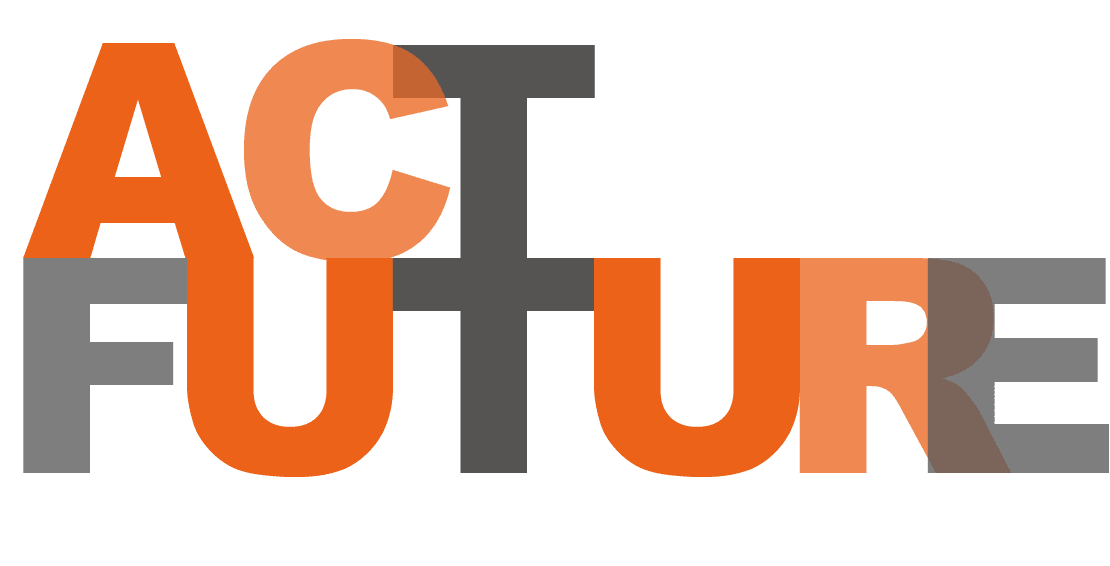The NLP method
Technique de Communication
Whether you’re in Paris, Lyon or abroad, neuro-linguistic programming (NLP) is a set of communication and self-transformation techniques that focuses on our reactions rather than the origins of our behavior.
It favors the how to the why, offers an observation grid to improve the perception we have of ourselves and of others.
It also allows you to set goals and achieve them. It is a toolbox, the key to which lies in the language and the use that each of us makes of our five senses and our body.
Its goal: to allow programming and reproducing its own models of success.
NLP?
Programming: we program ourselves by setting up ways of thinking, feeling and behaving that we use in the many situations of our lives.
Neuro: this capacity is based on our neurological activity.
Linguistics: language structures and reflects the way we think.
NLP was developed in 1972 by John Grinder, professor of linguistics, and Richard Bandler, mathematician and psychotherapist. The two men had decided to study the excellent results obtained by certain professionals of psychotherapy and communication, among which Fritz Perls, the founder of gestalt therapy , and Milton Erickson , the father of the new hypnosis. Bandler and Grinder resolved to bring together in a single method the disparate elements identified in these communication aces, in order to define the terms of a know-how leading undoubtedly to success. In France, the teaching of this technique has mainly developed through seminars intended for executives, negotiators, pedagogues or therapists, as well as for all those who wish to acquire effective communication techniques, applicable in their daily life.
What is the value of NLP for qualitative research in France – Paris or Lyon – or abroad?
A quadruple interest:
1. NLP has, like marketing, a very operational / action side with a better final objective.
2. The ability to decode psychological and behavioral processes.
3. The ability to optimize relationships in order to obtain the best possible quality of information.
4. The possibility of putting the participants under Ericksonnienne hypnosis (in the introduction of Focus Group for example) and thus to quickly sweep away all the brakes.


Déroulement d'une séance
NLP is one of the brief therapies (from two sessions to a maximum of two years of consultation). During a preliminary interview (free or at a reduced rate), the patient is invited to determine his motivations and to set a goal to be achieved during the sessions. During this time, the therapist observes his patient, in order to know which sensory system he favors. Each of us is in fact either visual, or auditory, or kinesthetic – he perceives the environment mainly by sight, hearing, or his emotions -, and thus creates his own filter, through which he interprets the events. . The therapist then adapts to his patient’s mode of communication, to guide him in exploring his behaviors and allowing him to consciously reproduce them or modify them if necessary.

NLP proposes above all to mobilize the resources of our unconscious. The latter are made up of forgotten experiences or knowledge, of still unexploited gifts which only ask to be expressed … The patient must therefore reconnect with performance, that is to say with his creativity and his ability to s ‘adapt to a situation. This is called “modeling”. Knowing better the moments when one feels efficient and competent then makes it possible to build a “toolbox”, from which one can draw at leisure when facing a difficult situation.
Example: a patient is too fat. Here, the goal of losing weight must be stated in an affirmative and positive way: “I want to regain my vitality and my shape. The patient then defines what she is looking for by pursuing this objective: to wear other clothes, to improve her figure, to feel better, etc. Then she determines the resources that are at her disposal to achieve her goal and describes with precision the elements that will allow her to know if it has been reached (its reflection in the mirror, the number on the scale, the feeling of wearing a garment she had dreamed of for a long time…). Through a series of questions, NLP thus makes it possible to refine an initial desire to ensure that it truly corresponds to a goal that deserves to be pursued. During the sessions, the therapist and the consultant will ensure that intermediate objectives are met, in order to build a continuous improvement which will be concretely manifested in daily life.
But changing your behavior first and foremost requires practice. This is why it is common to have to do exercises between each session. Example: To improve your relationship with others, observe their usual conversations to determine their strengths and weaknesses. So, when you first meet someone, study their tone of voice, posture, choice of words, rhythm of breathing… and then try to adjust to it. Your trade should improve. This exercise, recommended during interviews deemed “difficult” or impressive, also allows you to better listen to people who are close to you and to discover new ways of addressing them, to make you better understand or to tell them that you have them. included.

